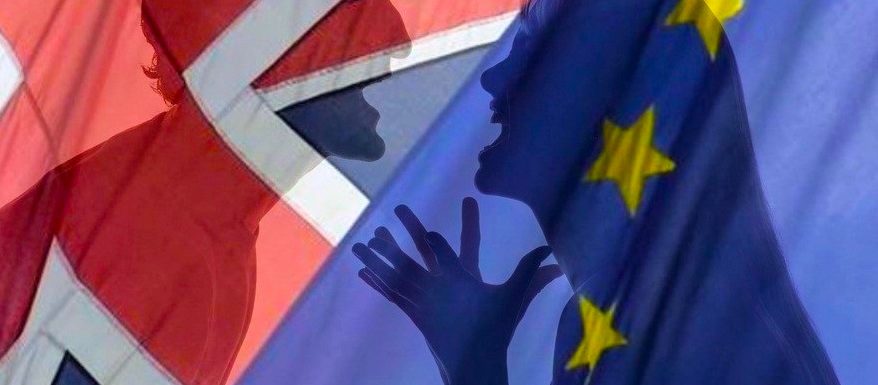A divorce is easy when both parties are confident and content about their future. But if either side is nervous or apprehensive then it gets difficult, very difficult.
In the BREXIT divorce there is a lot that we don’t know about going on behind closed doors; this is to be expected. That which is allowed to escape and is ‘message managed’ rarely sounds encouraging though there are the odd days when positive sentiments are revealed. Such is the nature of a gladiatorial contest to reach an agreeable divorce settlement. It was ever going to be thus, this separation has its roots way back in 1945 and maybe even goes further back for some people. Emotions are running as high as the stakes. But there has to be a deal – of some sort. Despite all the posturing the UK imports 50% more than it exports to the EU, this is just one statistic to show how big the divorce is. Maintenance payments and access will be demanded…
As a divorce or separation it has no precedent in history. US Independence in 1776? No, that was a piece of cake and of course unilateral. Unwinding the British Empire? Also far easier. But why were such geopolitical and economic changes easier compared to the EU separation? To understand we have to consider what is happening outside the negotiating room. In fact, consider also that since the UK decided to leave two years ago the situation has got much more complex. Here is why.
UK. The PM unwisely and clumsily called an election in 2017, which weakened her power significantly. Worse still, she has to power share with the DUP whose view of the vexed Irish border is intransigent to say the least. May is weaker in parliament, the country and against her opposition. All of this undermines her negotiating power. The political dissent from those wanting another referendum (either in/out or on the terms of departure) are also putting pressure on the UK Government though not as much as the Government’s own equivocation as to what deal will be acceptable. Chequers is not everyone’s mate! May also has Scotland threatening to depart the UK again on the pretext of BREXIT. In normal times the UK may be able to lean on the US for some support but Trump’s isolationism does not chime with free trade deals with anyone. However, we do have strong messages of intent to do deals from many major trading partners such as Australia and Japan so its not all bleak news.
EU. When the UK leaves it will also stop paying about 19 Billion Euros each year to Europe or 15% of their budget. That is a big hole to fill. In reality it will impact the administration but overall it will make the EU a smaller federation. That is the rub; the mission of the EU leadership (unelected by the people) is to increase the federal size and power of the EU. With the UK gone, Germany will be a 24% contributor to the EU budget; not all countries are happy with that weighting and the fact that Germany’s power in the EU will increase after March 2019. Two other major issues are of concern to the EU. The currency has helped to drive the southern states into a parlous economic state. Spain is bad enough but Italy’s debt situation is dire and breaks many critical EU rules such as debt to GDP ratio. This concern is greatly amplified by Europe’s other problem: popularism in politics. This has taken hold in Italy, Austria, Poland, and Hungary and is creeping up in other states, most notably Germany. This political trend is for the EU leadership ethically undesirable but above all for Europe it threatens many of the tenets of the union such as open borders. The rise of popularism for Germany is an existential threat. These issues are causing great stress within EU leadership and weaken the EU position in negotiation with the UK. In short, they don’t want us to leave because of the weakening economic outlook and the political threats.
So in conclusion, BREXIT is a bad day at the office for the UK but a nightmare for the fragile entity that is the EU.
But will it be hard or soft? It will be soft and contain many fudges. The EU will be able to pretend that we are still part of Europe in all but name and the UK will be able to pretend that it has left but can continue to trade – mostly by EU rules.
Will it be a real divorce? NO, a divorce but staying under the same roof. I.e. BRINO. BREXIT in Name Only.
